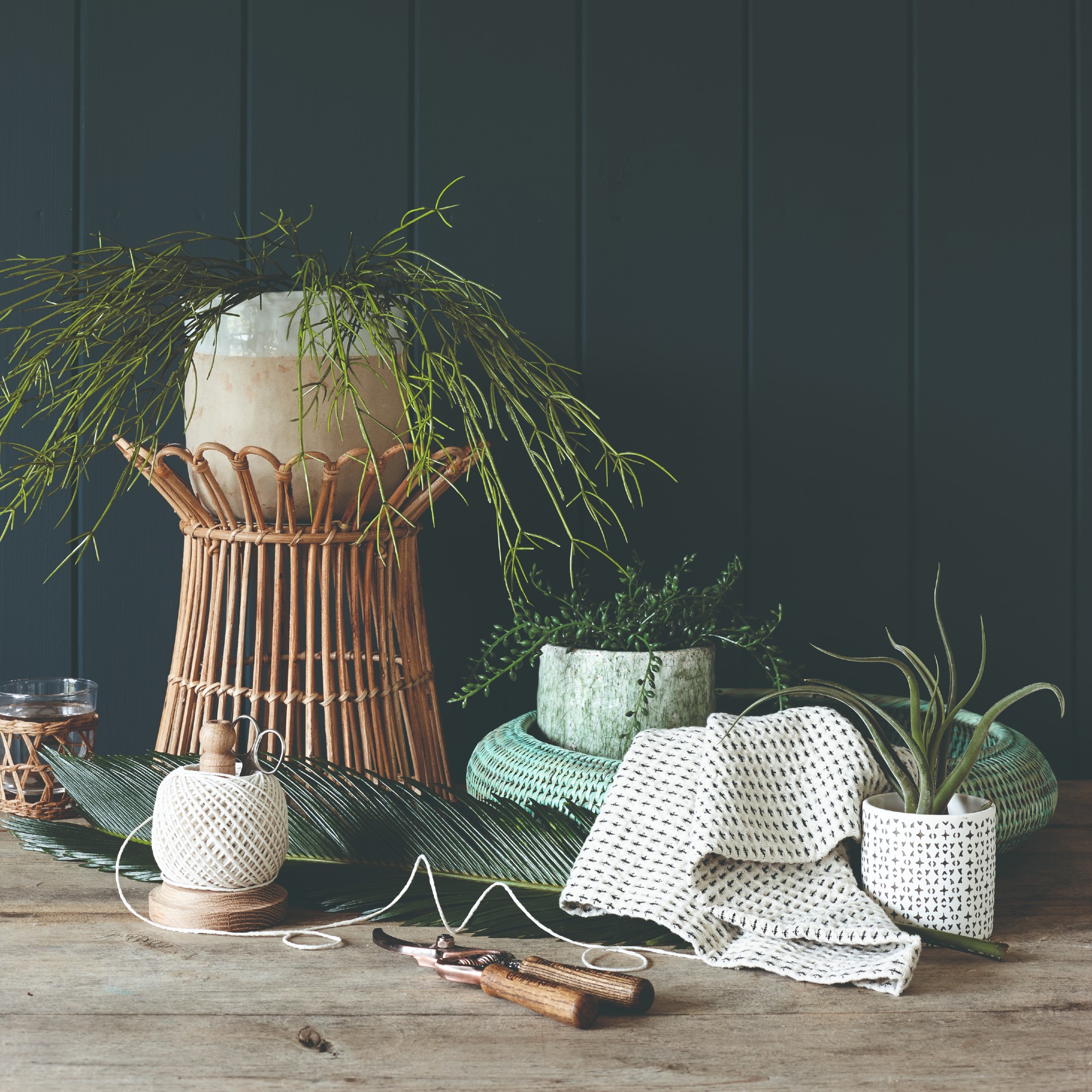
Much like us, plants too need regular doses of necessary nutrients and that’s what fertilisers are for. For the most part, we apply store-bought plant food in the form of granules or liquid. But did you know that natural fertilisers are hiding in your kitchen?
Common kitchen items and even food scraps make for some of the best plant fertilisers, some can even stop plant leaves from turning brown. The best part is that they’re free!
And they come recommended by gardening experts no less. These are 4 of the best natural fertilisers using what you already have in your kitchen.
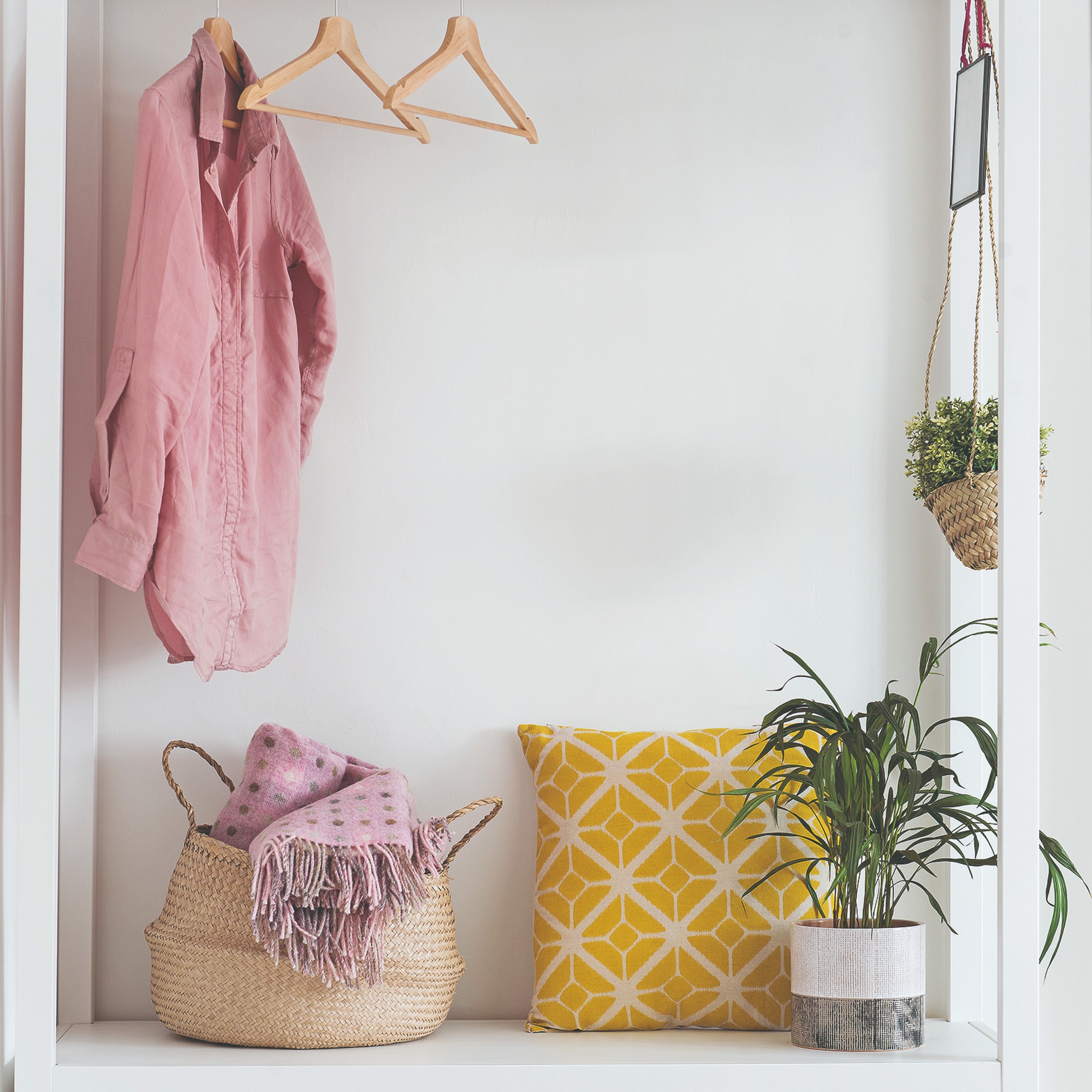
4 natural plant fertilisers made from kitchen items
‘There are several natural plant fertilisers that you can make using common kitchen or household items that are very effective and I would highly recommend,’ starts Petar Ivanov, plant and gardening expert from Fantastic Gardeners.
‘Even though these kitchen items are completely natural, it’s important to note that they should be used in moderation and according to the specific needs of your plants. Additionally, it's recommended to always monitor your plants for any signs of nutrient deficiencies and adjust the fertilisation routine,’ he points out. As it should be done with regular store-bought fertilisers.
So without further ado, these are the 4 natural fertilisers to inject your best houseplants with some necessary nutrients.
1. Banana peel

‘Banana peels are a great soil and plant fertiliser due to the high amount of potassium in them,’ says Steve Chilton, garden expert at LeisureBench. ‘As well as this, banana peels are full of calcium and magnesium, both of which actually help with photosynthesis.’
And that makes them the perfect choice for flowering and fruit plants.
The best way to take advantage of banana peels’ nutrients is to make an infusion by soaking them in water for an extended period of time.
‘To use them, place your banana peels in water for seven days, then use the water on your plants. You can then put the banana peels in your compost,’ Steve advises.
2. Egg shells
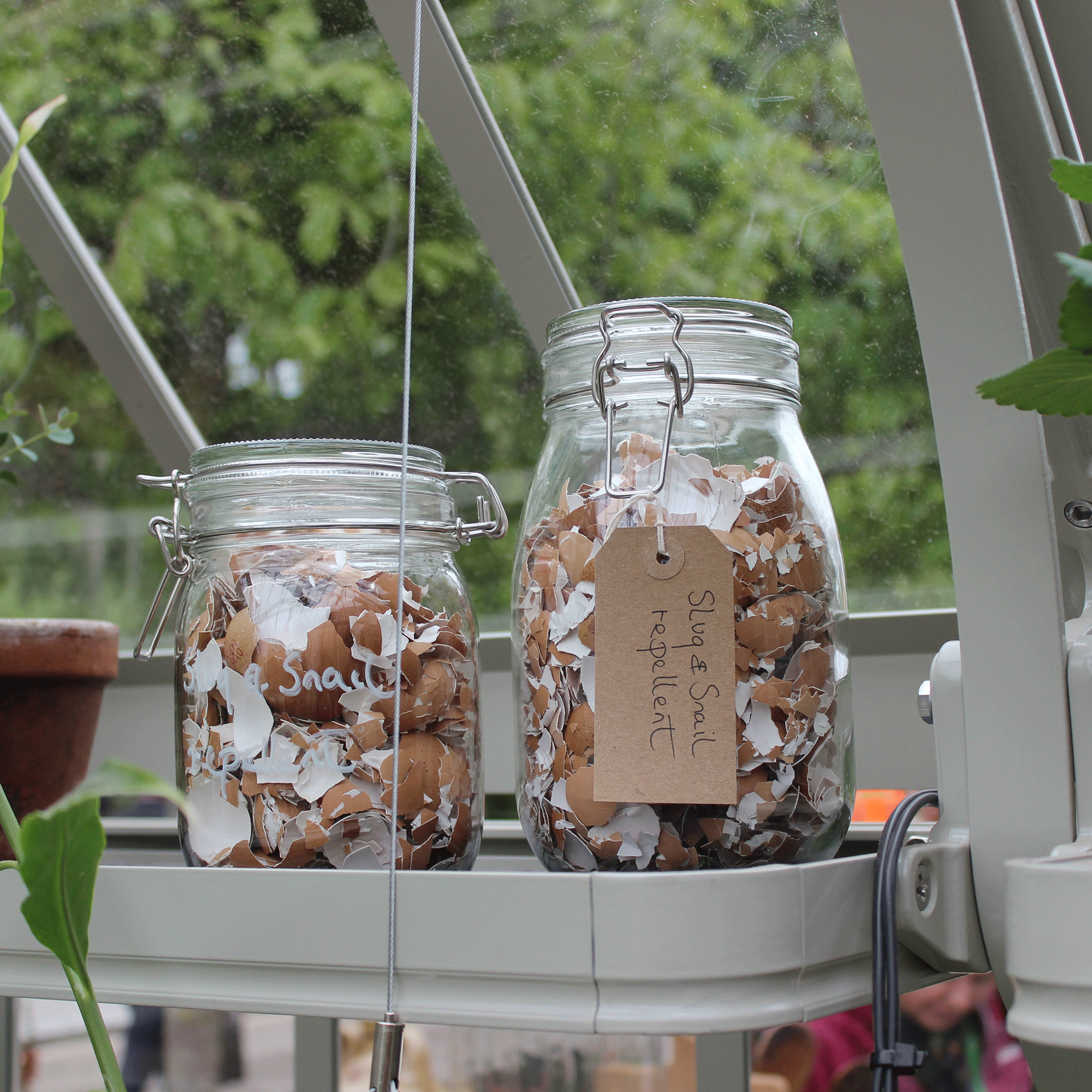
Surprisingly, egg shells too are full of nutrients that would otherwise be discarded in the bin.
‘Egg shells are rich in calcium, magnesium and nitrogen which makes them good natural fertilisers,’ Steve explains. ‘They're also easy to get hold of, and don't cost a lot.’
‘Before you use them, it's vital that you rinse them first, then crush them and microwave them for around two minutes. This should effectively kill all of the bacteria found on them, and means that now you can throw them in with the rest of your compost or use them on their own. The more you crush up the shells, the easier the powder is absorbed by the soil.’
And if you use egg shells on your outdoor plants, the added benefit is that they repel slugs too.
3. Coffee grounds
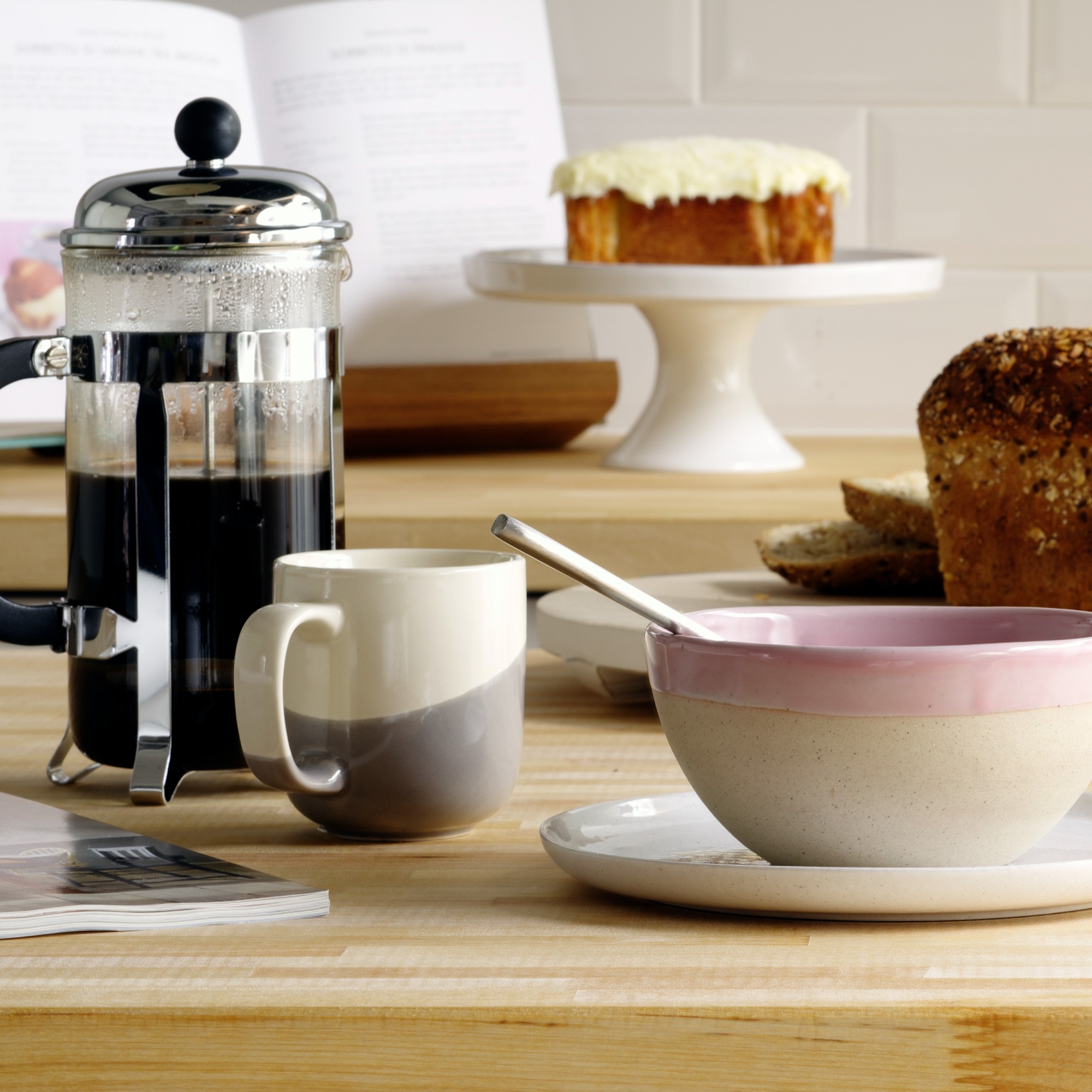
If you’re wondering what to do with leftover coffee grounds, then using them as a plant fertiliser should be top of your list.
‘Coffee grounds are rich in nitrogen, making them an excellent fertiliser for plants that thrive in acidic soil, such as azaleas, roses and blueberries,’ Petar says. ‘You can sprinkle used ones around the base of your plants or mix them directly into the soil.’
4. White vinegar
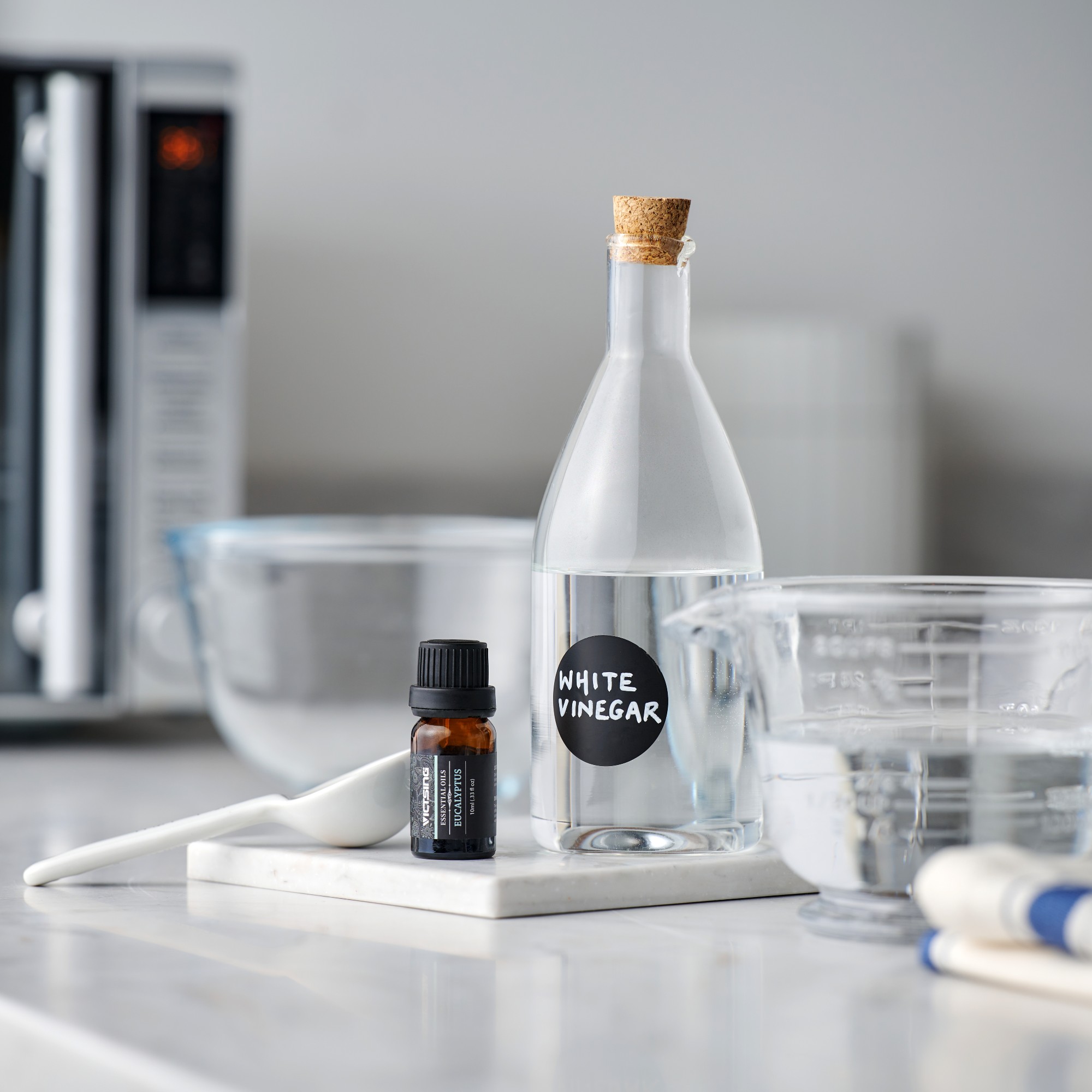
While white vinegar doesn’t qualify as a food scrap as the other natural fertilisers on this list, it’s still an inexpensive and common item found in most kitchen cupboards. And we also love cleaning with white vinegar when we're not cooking with it.
‘If you have acidic-loving plants and crops, then using white vinegar on them is incredibly effective,’ Steve says. ‘Simply mix a tablespoon of white vinegar in 4.5 litres of water to feed the plants. I always recommend checking the pH levels of your soil first however before doing this technique to ensure that the pH isn't too low.’
After this, your plants should be so happy, healthy and well-fed that they grow and bloom abundantly.







